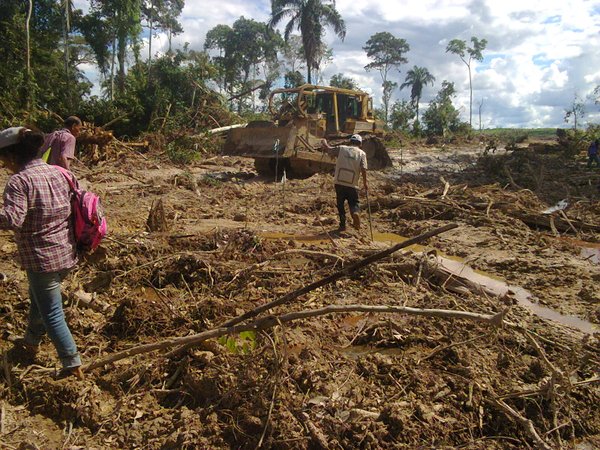The Federal Government of Nigeria said that it recovered arable lands in the northern parts of the country from a baseline of 90 hectares in 2019 to 6,007 hectares as at second quarter of 2022.

The Minister of Environment, Mr Mohammed Abdullahi, said this at a “Scorecard, PMB-Administration” event, organised by the Ministry of Information and Culture, on Wednesday, December 7, 2022, in Abuja.
Abdullahi said that the ministry had also increased the number of trees, orchard, and woodlots from 1,080 to 9,048,900 in 2022.
“The ministry in a bid to address deforestation, especially in the 11 frontline states under Great Green Wall (GGW) programme, constructed 21 motorised boreholes in Zamfara, Sokoto, Yobe and Borno states.
“The essence of the construction of the boreholes is to provide water for irrigation and other agricultural activities like gardens and community orchards.
“The effort is to enhance the livelihood of the community and stimulate sustainable development as well as mitigate the effect of climate change,’’ he said.
The minister said that the ministry had trained and equipped 2,136 people with vocational skills in the alternative livelihood scheme.
He said about 8,705 solar home lightening systems were distributed to households in the 11 frontlines states.
“We have also established 250 hectares low-pressure drip irrigation marketable gardens for rural women across the frontline states.
“Also, we conducted 165 school outreach programmes across the states,’’ he said.
Abdullahi said that the ministry had so far planted 945,240 trees, recovered and restored over 128.5 hectares of land with more than 421,992 tree seedlings planted.
He noted that the ministry had developed a draft policy framework for implementation of the National Land Degradation Neutrality in the country.
He said that the purpose was to facilitate the achievement of the presidential initiative on afforestation for the establishment of 25 million trees.
Abdullahi said in a bid to stem the incessant menace of annual flooding across the country, the ministry has prepared a National Policy on Erosion and Flood Control.
He said that the document consists of National Policy, Action Plan and technical guidelines for the implementation of erosion/flood control projects in the country.
The minister said that the ministry was a major stakeholder on the presidential committee on the National Action Plan for Prevention of Flood Disaster in the country.
He said the ministry had deployed some strategies to mitigate flooding, which included establishment of Web-Based Flood Early Warning Systems (FEWS) at 302 locations, towns/cities.
“The ministry has also developed safeguards to operationalise action on areas that require movement or evacuation/resettlement.
He said it established a community-based waste management recycling facilities in flood prone areas across the country.
According to him, the ministry has strengthened climate change adaptation and resilience in flood prone areas.
“The effort is achieved through engagement of public institutions and communities that have greater skills, resources and capacity to adapt to more frequent and severe urban flooding, among others,’’ he said.
By Vivian Emoni
